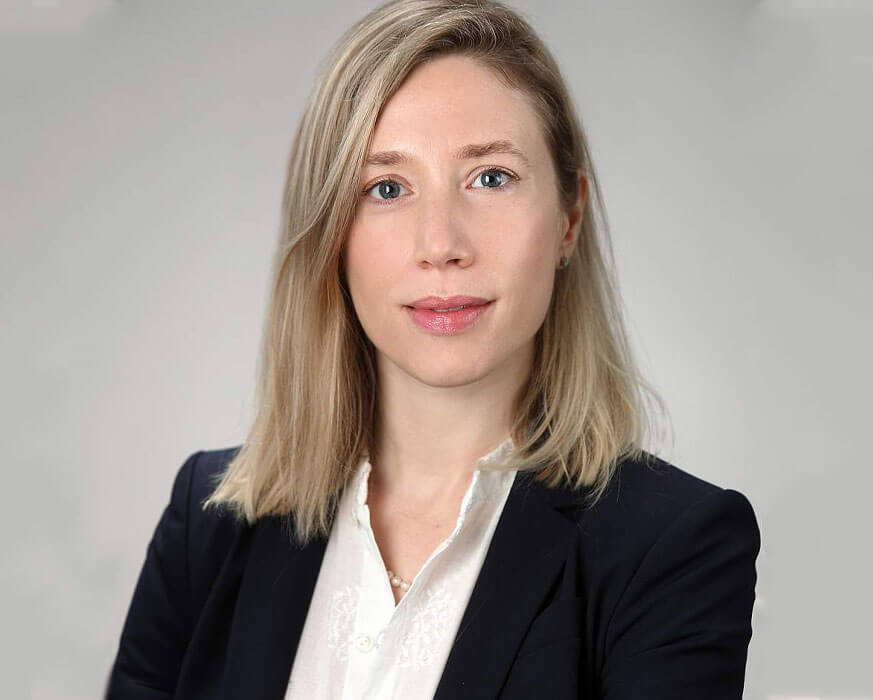Welcoming Patients’ Lived Experience Into the Lab

Rebecca G. Baker, Ph.D., is the director of the NIH HEAL Initiative®. Read more about Dr. Baker.
Dear HEAL Community,
During my time at NIH, I have had the privilege of listening to people with lived experience of an illness or medical condition. They are speakers at workshops and meetings, and members of formal advisory groups. I have heard their perspectives expressed by researchers who are healthcare providers. I am always moved by their courage, shown in their willingness to put themselves on the line, and in their rightful demand to be included, respected, looked to as partners in research.
That’s what we expect of doctors and researchers alike. Those with pain and substance use disorders seek a supportive, caring, non-judgmental relationship, that understands their full experience, for example, that “just because I have an addiction, doesn’t mean I don’t have pain,” as a patient told her doctor, a HEAL researcher.
Our researchers are also witnessing how this involvement improves outcomes. “I have really great doctors that I’m working with now, that understand my addiction and understand that I do need to control my pain,” another patient said.
The history of patient engagement and its transformative impact on research and health care was on the minds of all of us early on, in what we now call the Helping to End Addiction Long-term® Initiative, or NIH HEAL Initiative. Through an involved consultation process, we worked closely with many and very diverse partners. Stakeholders, patients and families, and advocates were center stage.
However, there are significant obstacles to meaningful inclusion of people who live with an illness in the design and conduct of research about their condition. These hurdles can only be overcome through concrete, tactical, and resolute efforts to refashion the scientific process and medical practice towards inclusion.
That’s why HEAL explores and supports research and avenues for effectively engaging patients throughout the research process – from scientific questions to clinical trials and every step in between.
You will find patients as members of HEAL Multidisciplinary Working Group and on the steering committees and research teams for many HEAL clinical studies. I’m proud to say this is the case in several of our studies involving historically discriminated and disadvantaged communities and groups such as Native Americans, diverse incarcerated populations, and those with mental illness, where building trust is essential for science and health care to flourish.
The life-altering effects of pain and addiction, as well as the stigma surrounding them, can create barriers to patient engagement. This is tragic, because improvement in how we address these conditions requires a trusted relationship between patients and providers. And research can only be successful with patient participation.
As Christin Veasley, co-founder and director of the Chronic Pain Research Alliance, said at a recent HEAL workshop, chronic pain does not exist in a vacuum, but rather in a complicated messy environment also known as a “Person.”
Veasley, who has lived with chronic pain since her teen years, emphasized how doctors and researchers mostly focus on two numbers –pain severity score and morphine milligram equivalent. But those numbers only tell part of the story and, even that part is relevant only in the greater context of the individual.
HEAL has the goal of personalizing the treatment of pain and OUD and taking the lead from people with lived experience to understand how research and improved health outcomes are most valuable to them.
We have tremendous work to do, but we are fully committed to carry it out. Next month, HEAL will host the workshop Engaging Patients in the Research Process, a teach-in for the entire community. I encourage you to attend. Please, register here.
As always, share information about HEAL with your networks and remember that we want to hear from you. It just takes a quick email to HEALquestion@od.nih.gov.
 U.S. Department of Health & Human Services
U.S. Department of Health & Human Services
